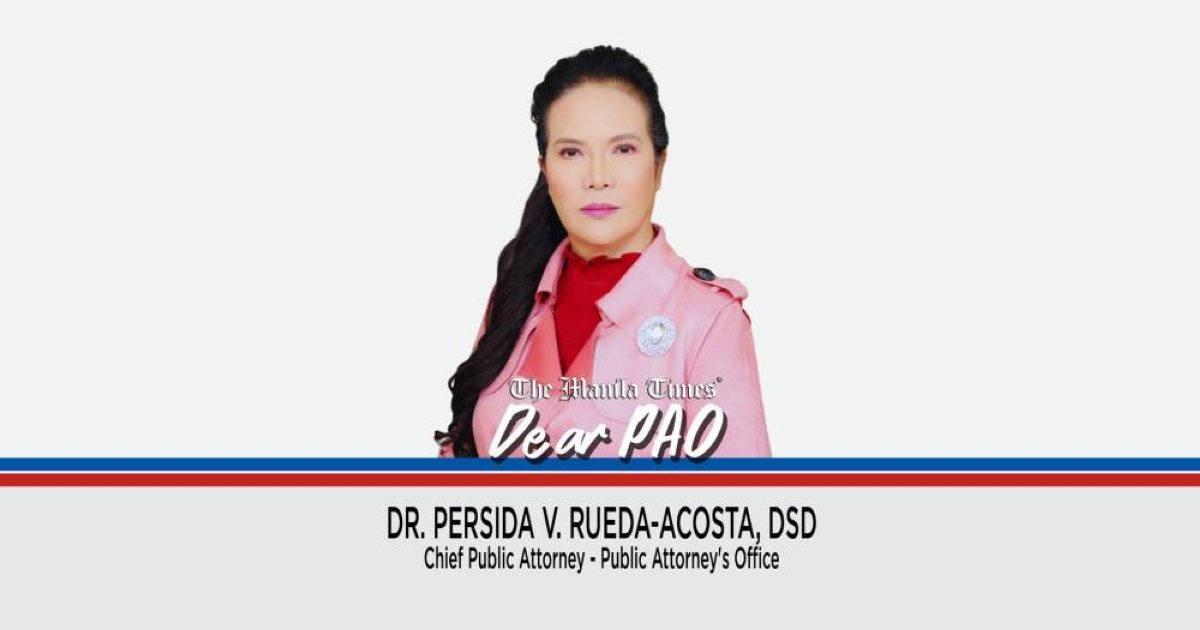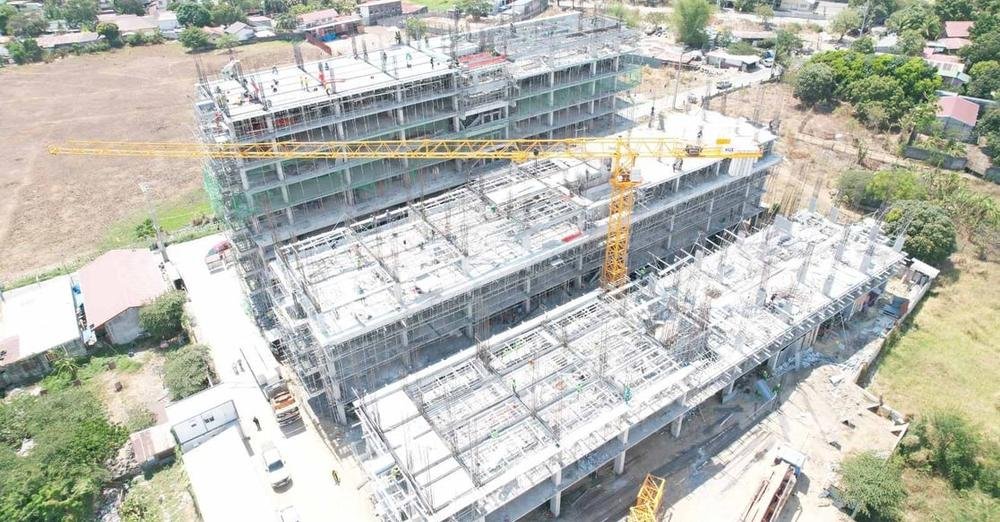Dear PAO,
I entered into a lease contract over a parcel of land for a period of seven years, renewable upon the agreement of the parties. I made renovations and improvements to the land. There is no provision in our contract regarding whether I will be reimbursed. Will I be able to claim a reimbursement from the lessor at the end of the term of the lease for the value of the improvements that I made?
Grace
Dear Grace,

In the case of Johnny Josefa v. Lourdes San Buenaventura, represented by Attorneys-in-Fact, Teresita San Buenaventura and/or Raul San Buenaventura, GR 163429, March 3, 2006, through Associate Justice Romeo Callejo, Sr., the Supreme Court elucidated the following:
“The issue of whether a lessee may be considered a builder in good faith was resolved by the Court in Geminiano v. Court of Appeals. The Court stressed that the private respondents therein, being mere lessees, knew that their occupation of the premises would continue only for the life of the lease and, as such, could not be considered as possessors nor builders in good faith.
“The Court went on to explain:
“In a plethora of cases, this Court has held that Article 448 of the Civil Code, in relation to Article 546 of the same Code, which allows full reimbursement of useful improvements and retention of the premises until reimbursement is made, applies only to a possessor in good faith, i.e., one who builds on land with the belief that he is the owner thereof. It does not apply where one’s only interest is that of a lessee under a rental contract; otherwise, it would always be in the power of the tenant to ‘improve’ his landlord out of his property.
“In this case, there is no question that petitioner was initially a lawful possessor because his entry into the property is by virtue of a lease contract with respondent. However, as a mere lessee whose possession after the expiration of the contract is at the sufferance of the owner of the property, he cannot claim to be a builder in good faith. Under Article 1678 of the New Civil Code, petitioner is entitled to one-half of the value of the improvements only if respondent, as the owner, decides to appropriate the improvements. Since respondent refused to appropriate the improvements, petitioner cannot compel her to reimburse to him one-half their value. The sole right of petitioner under Article 1678 is to remove the improvements without causing any more damage upon the property leased than is necessary.”
It is clear from the foregoing discussion that, as a lessee, you will be reimbursed/paid for one-half of the value of the improvement/s introduced on the leased property only if the lessor opts to appropriate the same. Stated differently, the lessor-owner cannot be compelled to reimburse you if he/she refuses to appropriate or make use of the improvements that you made. In such a case, your remedy is to remove the improvements on the leased premises, even if some damage is caused to the latter.
We hope that we were able to answer your queries. This advice is based solely on the facts you have narrated and our appreciation of the same. Our opinion may vary when other facts are changed or elaborated on.
Editor’s note: Dear PAO is a daily column of the Public Attorney’s Office. Questions for Chief Acosta may be sent to [email protected]










